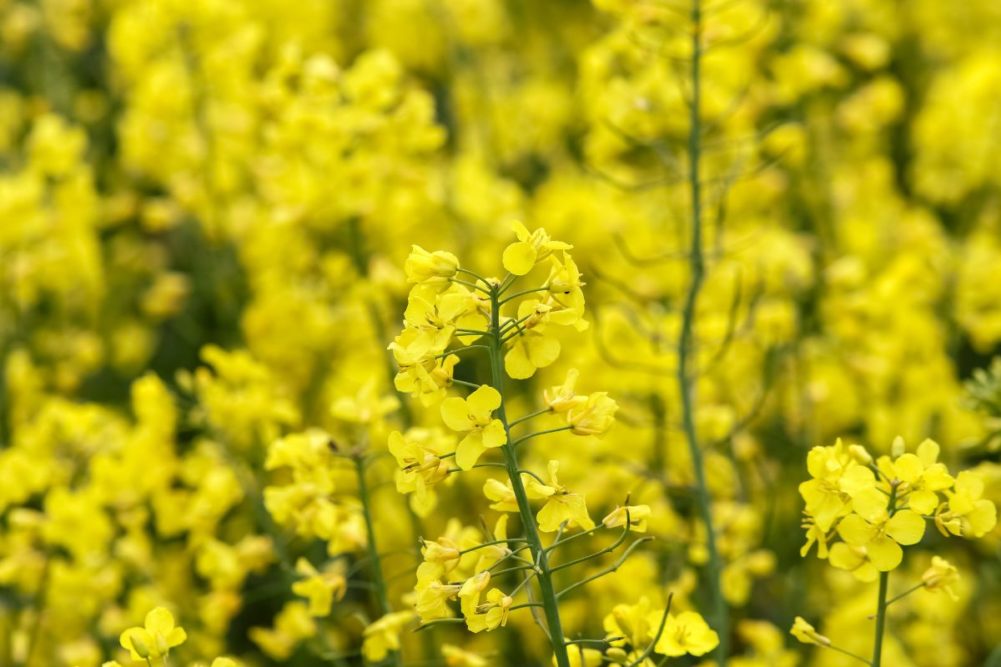VIENNA, AUSTRIA — Oilseeds production in the European Union for marketing year 2023-24 is projected to grow 4% over last year’s drought-affected crop, reaching 33.13 million tonnes on improved yields from a slightly larger planted area, according to a Global Agricultural Information Network report from the Foreign Agricultural Service (FAS) of the US Department of Agriculture.
The report projects production of rapeseed, the dominant oilseed in the EU, at 19.3 million tonnes (down less than 1%), sunflower seed at 10.5 million tonnes (up 13%) and 2.8 million tonnes of soybeans (up 12%) in 2023-24.
Area planted for all oilseeds is seen up just 2% to 12.67 million hectares. The increase in planted area is mainly the result of higher rapeseed and soybean area, and a slight increase in sunflower area.
“High demand for oilseeds and oilseeds products and attractive commodity prices have fueled the increase in oilseeds area,” FAS Post Vienna said. “Significantly higher yields for sunflower and soybeans are forecast, whereas rapeseed yields should be slightly lower than in the previous marketing year. In most EU regions, growing conditions have been favorable so far.”
Production of oilseeds meals is forecast to remain flat, while feed use of oilseed meals is expected to be down about 1%, in line with declining livestock and dairy sectors in the new marketing year. Biofuels and food use of vegetable oils are predicted to remain stable.
Higher domestic production and good supply on the world market together with attractive crush margins should favor crush of soybeans and sunflower over rapeseed. Based on the assumption of declining livestock and dairy sectors, overall feed use of oilseeds meals is also forecast to be on a downward trend.
EU demand to meet the needs of oilseeds crushers to make meal and oil generally outstrips production from the 27 member nations. EU grains and oilseeds trade flows continue to face challenges from Russia’s invasion of Ukraine, a key supplier to the EU.
The EU traditionally sources 50% to 70% of sunflower meal imports and 80% to 90% of its imports of sunflower oil from Ukraine.
“Sunflower oil continues to be the preferred healthy choice of food edible oil in many countries in Central and Eastern Europe,” the FAS said. “Industrial and biodiesel use of sunflower oil is likely to increase due to its softened price, improved availability and the need to use more oils for biofuels.”
Ukraine’s market share for rapeseed in the EU approaches 40%, with crush demand for meal, mainly used in feed, and oil, primarily driven by use in biodiesel.





